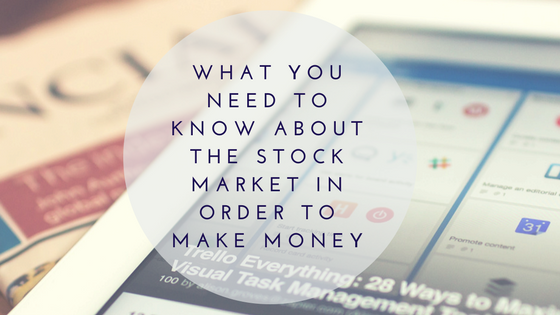Once a business has a certain process that’s working and it is producing a consistent profit, an owner may want to think about replicating the process by franchising the business and opening it up to new owners. Here are five factors that a company will want to look at when deciding if they should create a franchise:
Is The Concept Viable?
A good franchise concept will have two qualities. It will offer something that is familiar, but it will come with a unique twist. An excellent example of this is a pizza company that only offers organic ingredients and delivers their product via hybrid-electric vehicles. The concept must appeal to prospective franchisees and consumers. Also, the business should be able to be replicated so that funding more of them would create an increase in profits and economies of scale.
Hire A Lawyer
When a business owner is going through the franchising process, it’s important to hire an attorney who can give expert advice on the transition. They’ll be able to help with the forms that need to be completed such as a Franchise Disclosure Document. An attorney will also be able to assist with pricing, intellectual property protection and the creation of a franchise agreement.
Will Cloning Work?
To really be sure that a business should be franchised, it’s usually best to create one or more clones and see if they are successful in other areas. If the cloned units are a success, it probably makes sense to move ahead with plans to franchise the business.
Be Selective
There are many individuals who may have the capital to pay the price that allows them to get involved with a franchise. However, it’s important for the owner of the franchise to be selective when choosing franchisees. This ensures that the right people are selected so that both the franchise owner and franchisees are successful. The owner of a franchise should always consider new franchisees as ambassadors of their brand. They must be a good fit. An interview process should be used to help determine the best candidates.
Location Location Location
One of the most important factors for the success of a franchise is where it is located. It’s best if the first couple of locations are kept close to the original business. However, they shouldn’t be so close that they’ll hurt the sales of the first location. By having the first franchise operations close, it will be easier to manage logistics.








